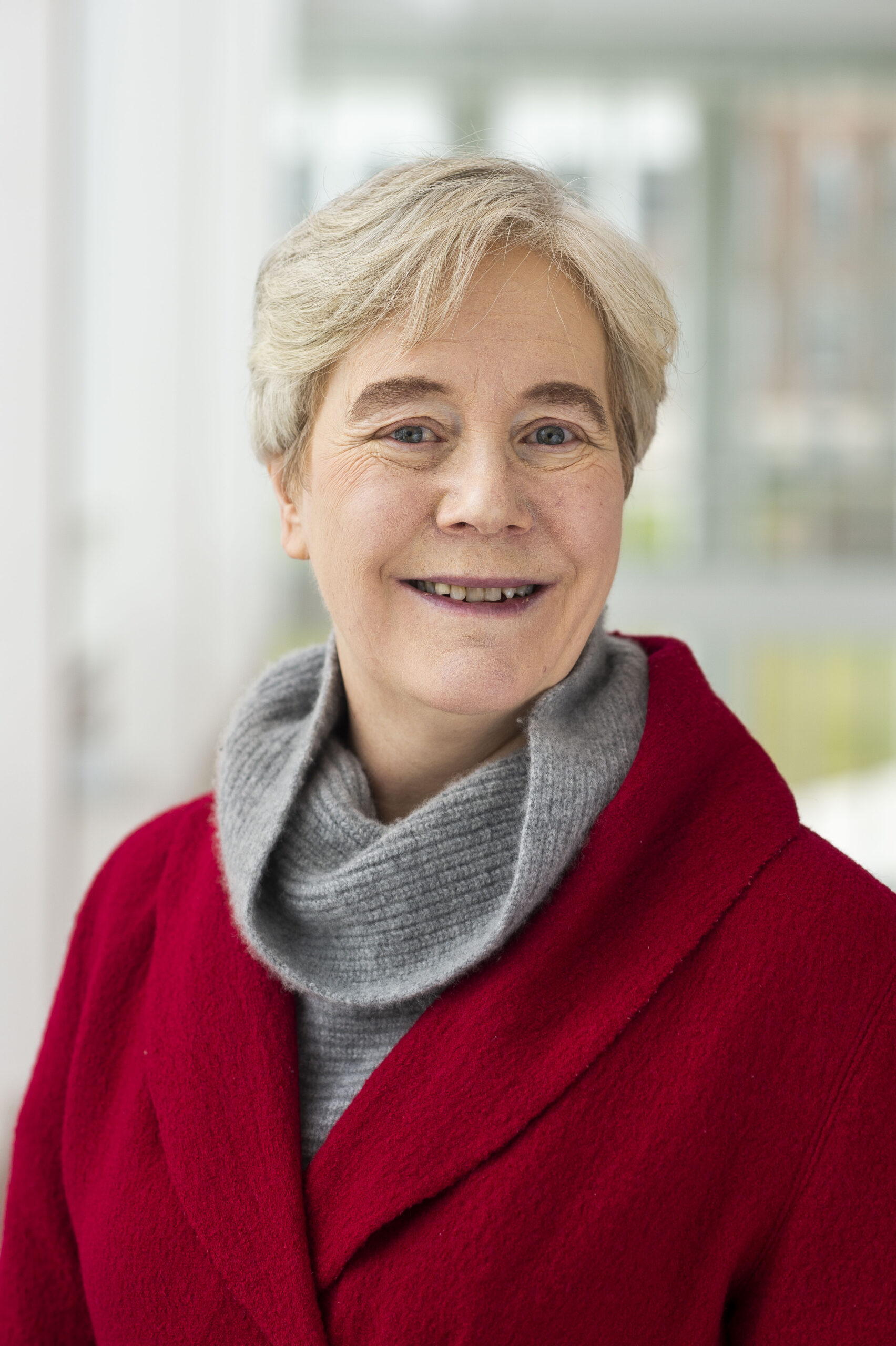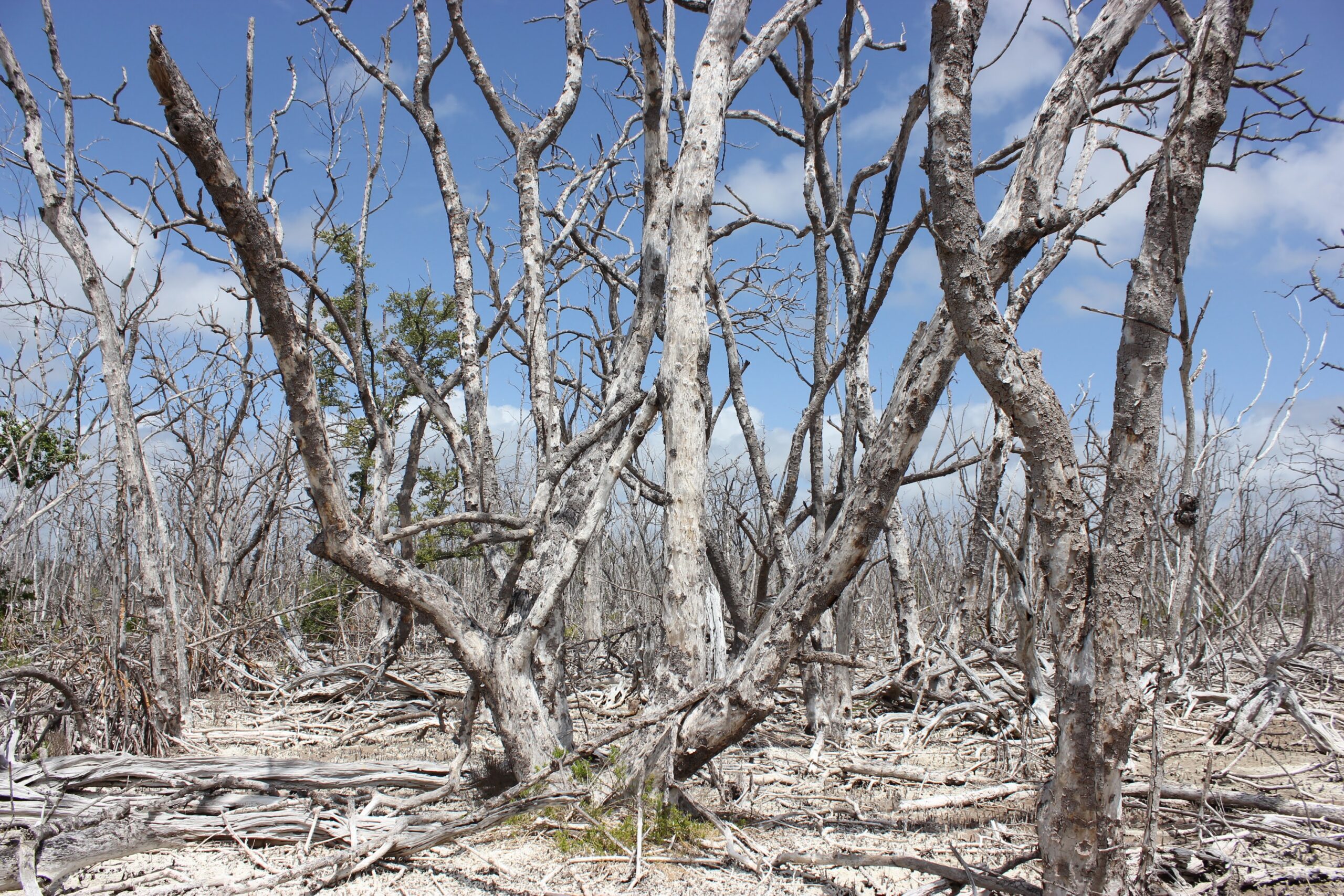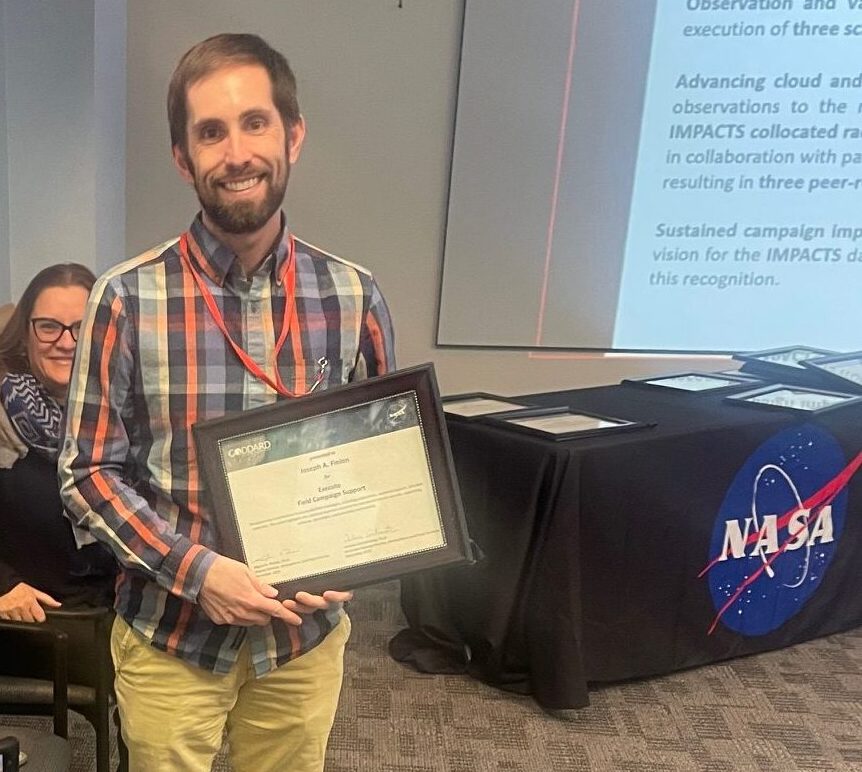 In July, ESSIC and CISESS Director Ellen Williams participated in the National Academies Workshop on Enhancing Federal Clean Energy Innovation, a series supported by The National Academies of Sciences, Engineering, and Medicine to identify strategies for accelerating clean energy innovation across the federal government.
In July, ESSIC and CISESS Director Ellen Williams participated in the National Academies Workshop on Enhancing Federal Clean Energy Innovation, a series supported by The National Academies of Sciences, Engineering, and Medicine to identify strategies for accelerating clean energy innovation across the federal government.
In the workshop, she emphasized that federal support for clean energy innovation involves incentivizing early-stage research and development, recognizing promising discoveries, and moving technology towards commercial development.
A major strength of the United States’ energy innovation system, stated Williams in the workshop, is the variety of clean energy technologies: solar and wind, energy efficiency, advanced materials, energy storage, biotechnology, carbon capture storage and utilization, and advanced fuels. However, the definition of clean energy technology should also include supply-chain components and net reduction of greenhouse gas emissions. For every “big-picture” carbon-mitigation technology, hundreds of innovative technologies are needed in its development, deployment, operations, performance improvements, and cost reductions.
Williams also drew attention to technologies that have the potential to significantly impact greenhouse gas mitigation, but are not traditionally considered energy technologies, such as replacing greenhouse gas intensive products such as steel, aluminum, fertilizer, concrete, and chemicals. For example, there are chemical and physical processes being developed that enable high-strength wood to replace building materials like steel and concrete.
“This is a different, almost orthogonal way of looking at energy innovation. Innovation of innovation itself,” Williams observed.
These technologies are typically represented by smaller companies, who need developmental support to navigate the rocky road from research and development to clean energy impact. Williams explained that increasing regional inclusiveness by including clean energy goals linked to regional resources and technology strengths is essential to improving clean energy innovation outcomes.
Ellen Williams is the Director of ESSIC and CISESS as well as a Distinguished University Professor at the University of Maryland, where she works at the interface of energy technology and policy in the context of mitigating climate change. Previously, she served as the Director of the Advanced Research Projects Agency, ARPA-E, which advances high-potential, high-impact energy technologies that are too early for private-sector investment.
For more information about the workshop, click here: Enhancing Federal Clean Energy Innovation: A Workshop.





